Why ATV Belts Fail and How to Prevent It
Belt life is an issue that every off-road enthusiast considers one of the hardest things. The naked truth is that CVT drive belts break. It happens more often than we want and the common reason is actually the way we normally like to ride - with fierce passion, taking off at wide open throttle.
So what can we do to prevent ATV belts from failing and still enjoy braaping? Let’s start at the very beginning.
Choose the Correct Belt
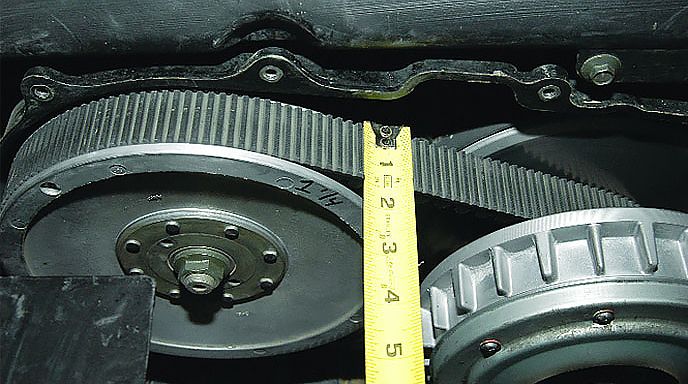
It may sound silly to focus on this issue, since using non-OEM parts is common. Aftermarket extreme-duty belts are specially designed to withstand the most shock-loading of throttle applications. But if they are just slightly out of the original it will lead to poor ATV performance. Next time, when buying a replacement belt, make sure you choose a good-quality item which ensures 100% proper fit.
Maintain the Belt Properly
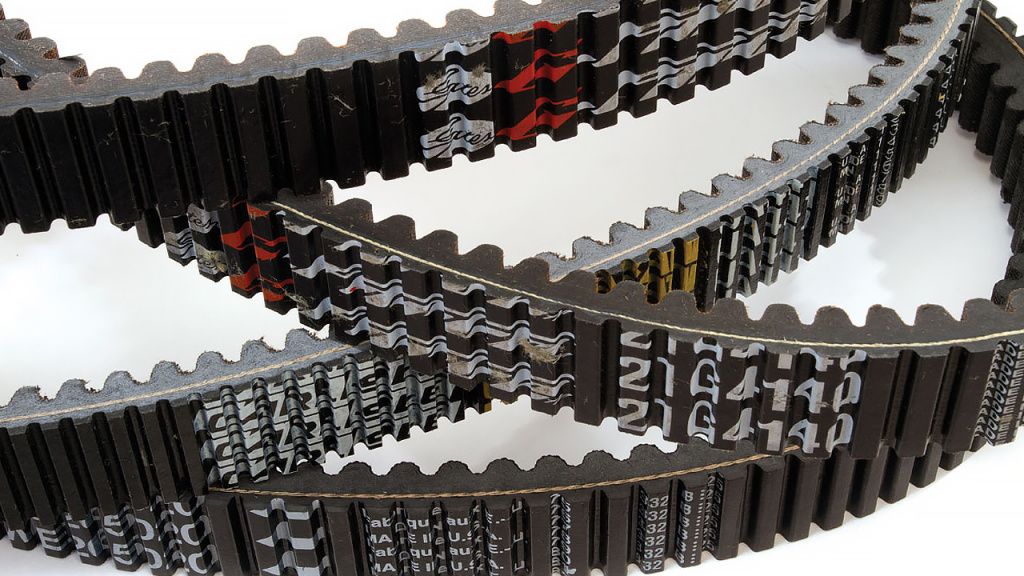
CVT drive belts are very durable if maintained correctly. Twisting, back-bending or prying on your new belt before you install it on the machine is a bad idea. It may cause any kind of damage or even a tensile cord break.
Another issue is to store the belt properly, especially if it’s serving as a spare part. You do keep a spare belt on board, right? It should be clean and ready-to-go when you’re in a pinch. And never, ever twist or bend your drive belt into uncommon shapes in vain efforts to tuck it into your storage space that’s simply too small. Consider buying easy access holders and spacious bags for all essential tools.
Develop Good Driving Habits
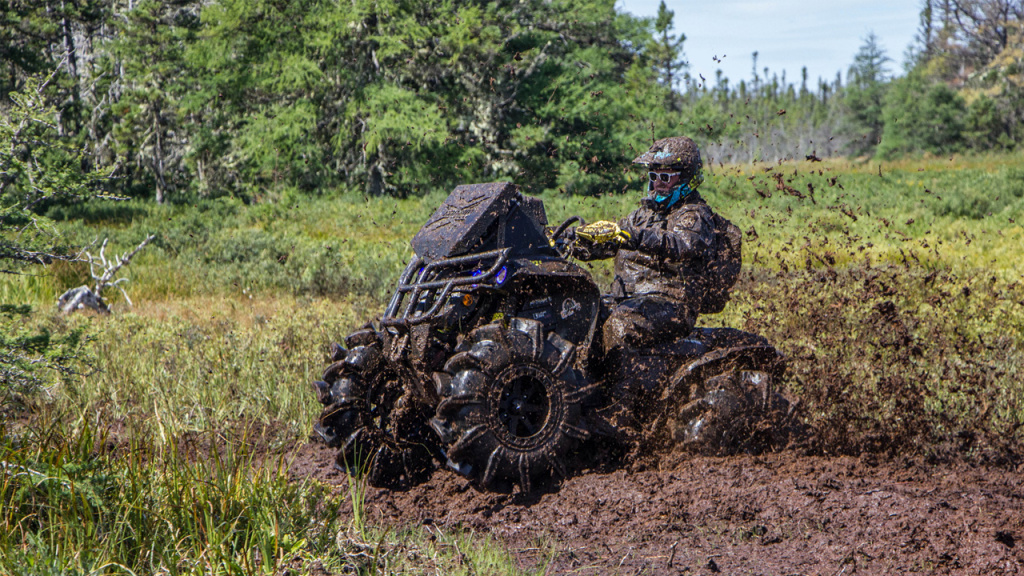
Bad driving habits don’t help to keep your drive belt alive. Sudden and excessive engagement RPM, wide-open throttle to get your machine out of the mud - all these forms of aggressive behavior in extreme driving conditions decrease the lifespan of the belts.
No, it doesn’t mean to stop doing the things we love - hitting the trails, braaping, and rushing through mud. Otherwise, what’s the point?
At least avoid the most common mistakes such as improper gear ratio selection or leaving your ATV idling in gear for a long time. The belt is not moving while the drive clutch is still spinning on the belt at full speed. It generates a lot of friction and extreme heat on the belt and finally will lead to its drastic failure. Remember, it’s always better to place the transmission in neutral.
Align the Clutch If Necessary
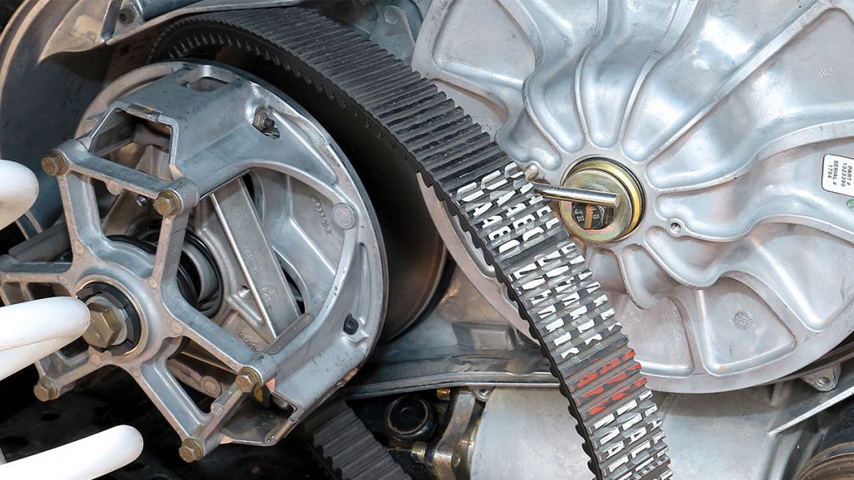
So you keep your four-wheeler in proper running order and occasionally follow good driving habits. But the CVT belt still breaks. Check your clutch for correct alignment. If you’ve recently made any aftermarket upgrades and haven’t tuned the clutch for these modifications, you may experience many bad symptoms from uneven belt wear to its total disintegration.
Always make sure that your clutch is accurately tuned to any upgrades such as adding weight, mounting mud tires and others.
Takeaways
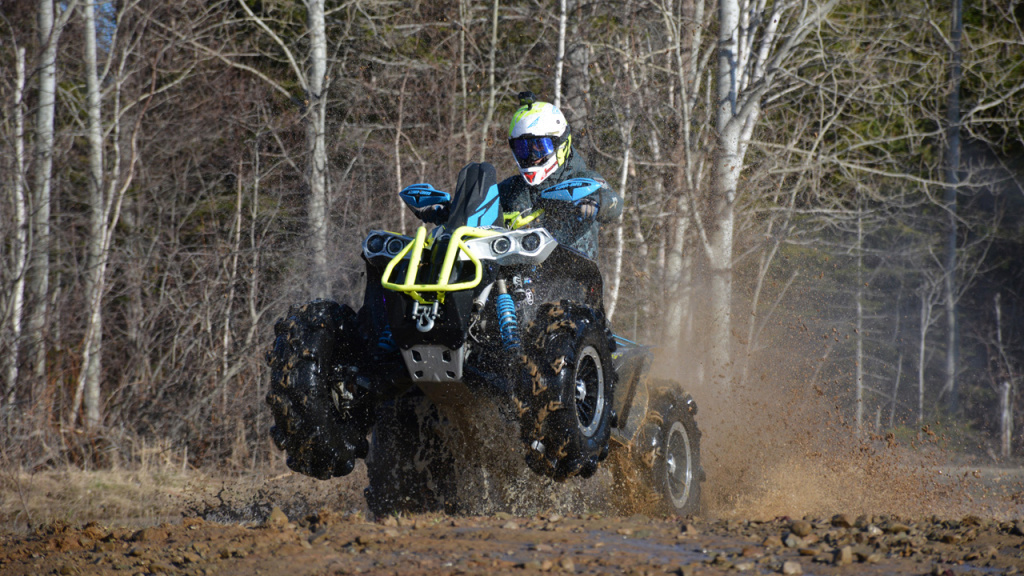
We all want our four-wheeler to perform its best. Follow these precautions to help prevent premature belt failure and all the pain that comes with it. Always install good-quality spare parts that fit your ATV, keep riding like a pro with all the care to your machine, practice proper maintenance. And if you still face the need to replace the CVT belt, always remember to break in your new part correctly, so you don’t accidentally break it.



